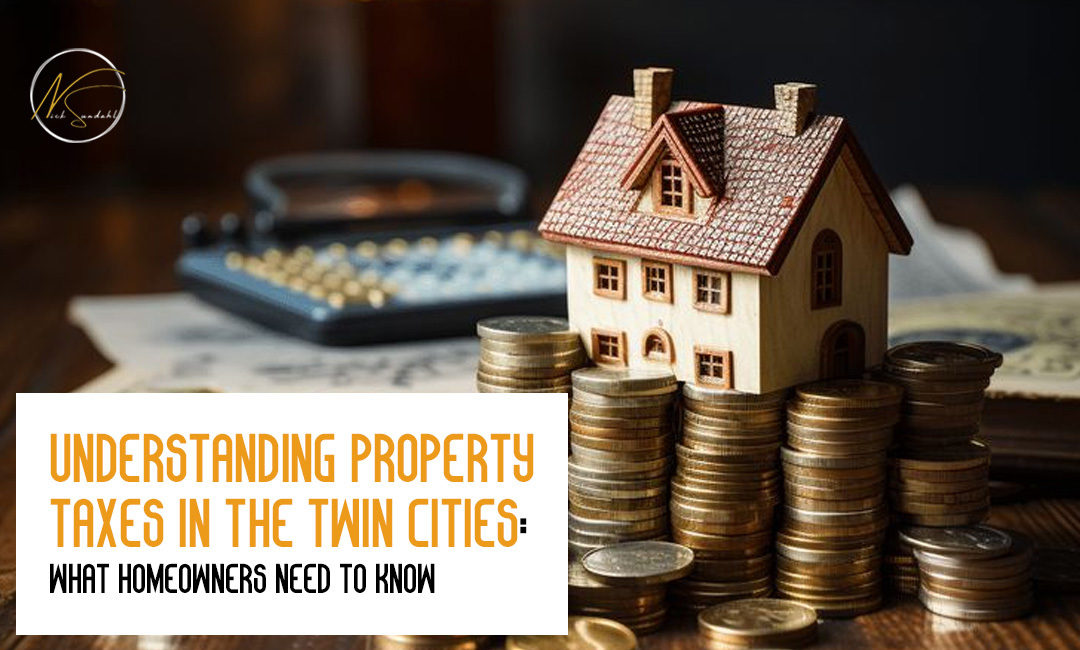Whenever you purchase a property, you are liable to pay a property tax. Different types of properties are charged with different percentages of taxes by the state government. The tax percentage may vary as per the government budget. Therefore, having a sound knowledge of the taxation system can help you pay the accurate tax amount, and stay updated when to pay it. Hire the best realtor in Minneapolis for professional assistance in calculating taxes.
Minneapolis & St. Paul are the Twin Cities of Minnesota. These two cities form the largest metropolitan city in the North-Central United States. If you are planning to invest in property in Minnesota, then make sure you know everything about the documentation, filing, registration, and taxation.
What Is Property Tax In Twin Cities, Minnesota?
You can take the help of a professional realtor in the city to learn about property taxes applicable to different types of properties. Hire a real estate agent in Minneapolis for a profitable deal. The tax rate in Minneapolis is 1.14% of the total value of the property. However, in Minnesota, the tax is calculated based on a median property value of $247900, and the median tax of $2831 is charged from the property investors. However, tax rates may vary in the future based on several factors that affect the value of property.
Why Property Tax Is Charged By The Government?
A general question may strike your mind while buying a property: why is property tax charged by the government on the purchase of a property? The answer to this question is easy and important to understand. Every government implies a property tax on the purchase of any residential, commercial, land-based, or property for rental income.
The government collects a certain amount from the buyer against a new property purchase. This collected amount is further utilized for the development & welfare of schools, colleges, police stations, dispensaries, hospitals, road repair, maintenance of public parks, municipal offices, and other operational departments.
What Is Included In The Property For Valuation?
- Purchased Land
- Building or Construction
- Fixtures
Hennepin Country’s Tax Contribution
Hennepin counties like; Minneapolis are listed in the top 25% of the real estate tax contributors in the United States. The market value of properties in these countries is more than the other ones. Thus, a buyer pays more tax than any other investor. As per the report, only in 2023, the state government of Minnesota collected $11 billion as a real estate tax.
How Property Tax Is Calculated?
The current Market Value of a property is multiplied by the tax percentage
Property Tax = Current Market Value of The Property X Tax Percentage (%)
You can use the property tax calculator on the Assessor’s page to evaluate the exact property tax payable. You can also cross-check all the relative updates.
Key Dates For Property Tax In Minneapolis
Every property owner in Minneapolis should mind these dates to form a tax payment strategy. If you don’t know about these dates, you can visit the Tax Assessor’s Page of Hennepin countries.
- The tax Assessment date is January 2.
- Mailing Tax Statement date is March 31.
- Due dates for Semi-annual payments are May 15 & October 15.
Factors Affecting Property Taxes In Minneapolis
Based on your personal property buying experience, you may find various factors affecting the property tax in Minneapolis. However, these three major factors should be considered.
- Property Depreciation
The property depreciates over some time because of aging, damages, and wear & tear. The amount of property tax is calculated based on the depreciated value of the property. Therefore, if the property depreciates, the tax amount is reduced eventually.
- Types Of Properties
The tax percentage may vary on the property based on its type, as the property tax is low on the rental property and higher on the land or building property. So, one should know exactly how much tax he has to pay against the type of property purchased.
- Local Government’s Budget
The local government’s budget and percentage for property taxation may change, and so it can affect the calculation of taxes applicable to properties.


